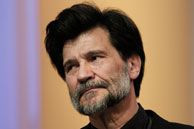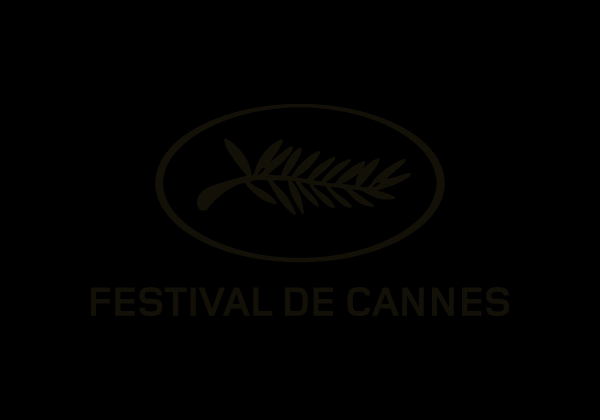
Exclusive interview with Victor Erice

An exceptional and demanding filmmaker, Spaniard Victor Erice has come for each of his three films to Cannes. A Member of the Jury for Feature Films, he will be watching the latest film by Abbas Kiarostami, with whom he shared the billing for the exhibition “Victor Erice/Abbas Kiarostami, Correspondances”, at the Centre Pompidou in Paris in 2007.
Victor Erice answered our questions in French.
In 1992, you were awarded the Prix du Jury for your third feature-length film, Dream of Light. How do you feel, coming back here when it is now your turn to judge your peers?
I don’t know, it’s my first time being a juror. I think it is a very sensitive job.
The theme of childhood can be seen throughout your work. What kind of child were you?
It is a long time ago. I’ve lost it a little. I made a film, La Morte rouge (for the “Victor Erice/Abbas Kiarostami, Correspondances” exhibition, editor’s note) which tells the story of my first experience at the cinema. But I use the third person, singular, because this child is far from me. I was 6 years old. It was a fundamental experience. A revelation but also a terrifying experience.
What film was it?
An American film: The Scarlet Claw by Roy William Neill. The greatest thing is that this film did not leave its mark on the history of cinema, but for me as a child, it was the film of my life.
What is the image or memory you associate with the Festival de Cannes ?
It’s already a far away image. I came to Cannes for the first time as an improvised journalist. I was 20 years old. It was a very powerful experience. There were great directors: Robert Bresson, Luis Bunuel, Antonioni, Berlanga who is a wonderful Spanish director. I also attended the La Semaine de la Critique with my first film, The Spirit of the Beehive. For me, Cannes is a meeting place, for people working in films and for films.
What kind of films do you like?
Good films. There’s no nationality. It’s a universal language. The films of my childhood were North American films, because they had a great distribution network, a little like today. I started seeing films in the 1940s! Films by John Ford, Howard Hawks, Michael Curtis, Victor Fleming… but I didn’t know who they were, we used to choose films based on the actors and not the directors. It was a choice made by children. At that time, your encounter with cinema was a public experience. Today, children discover films on television, it’s a private experience. I think it makes a huge difference.
You are considered to be one of the greatest directors of our age, and you inspire many filmmakers…
(Surprised) In Spain, maybe. Because there is no genuine cinematographic tradition, because of the history of Spain, which was broken by the civil war. You have to remember that the greatest filmmaker in Spanish history, Luis Bunuel, was a filmmaker in exile.
You have made three feature films in almost 40 years. Do you keep your films in you for long?
In the films that I make, there’s always the shadow of the films I wasn’t able to make. When you write a film, when you think about a film, something remains inside even if the film doesn’t get made, and this unsuccessful experience, you can see it in the film that I am able to make.
Why aren’t certain films made?
Lack of financing. Film is a question of money. That being said, my producers have always made a return on their investment. That’s very important for me.
Why do you make films?
I don’t know exactly. Maybe because it is something I dedicated many years of my life to, not only by making films, but also as a spectator. My experience as a spectator may be more important than my experience as a director.
What do you do when you are not making films?
I write about films. I began writing about films before I became a director. I hold workshops. I enjoy meeting young people, passing on my experience. Unfortunately, Spanish youths do not have a cinematographic culture. Film isn’t really integrated into our educational system. That is different from France. At school, art is the exception. When in fact, it’s the most important thing as art is the cornerstone of culture.
What are you working on?
Over the past year, I’ve been making short films, like a painter, I like it a lot. It’s a series of documentaries I named Memory and Dream. I’ve filmed three chapters, I’m hoping to reach ten to screen them. These are short pieces that I shoot around the world, when I am travelling. I may shoot something here in Cannes.
How long are these short films?
It depends. One is 5’-long, the other 20’. It’s also a study of cinema, the space of cinema. These are very basic films that I shoot with a sound engineer, and myself behind the camera. I strongly believe in what Roberto Rossellini said: the poorer you are, the greater your freedom. Being free is a question of being bare. You have to give things up… I would also like to make a conventional film, but thankfully, in the meantime, I can shoot.
Interview by B de M
